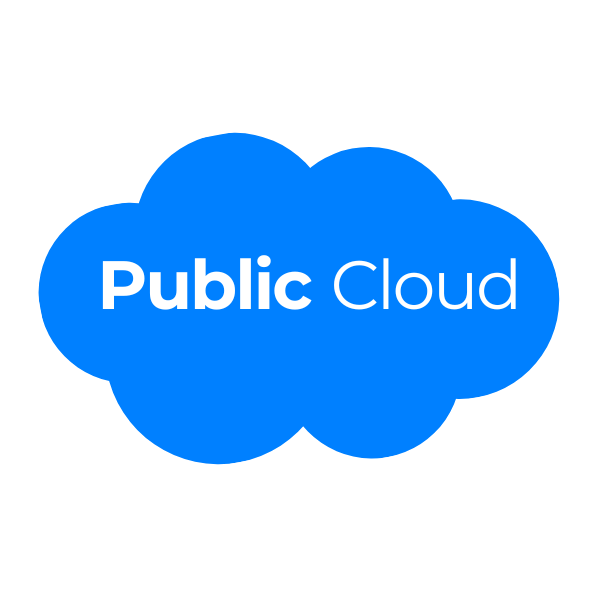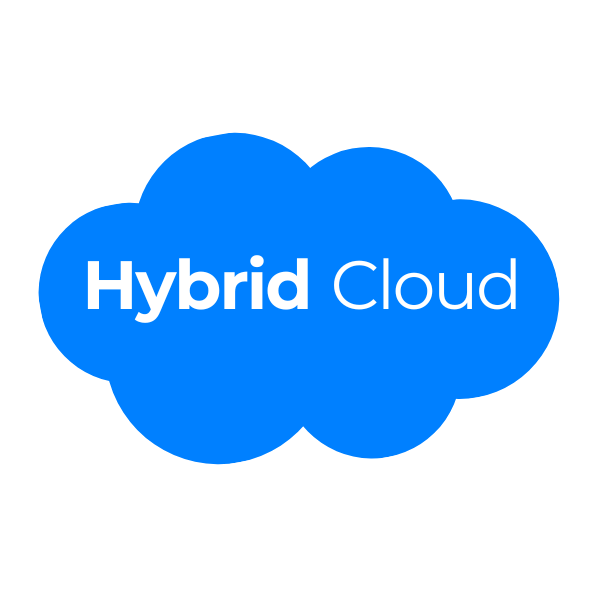Going Cloud
The cloud is no longer a future concept or a special computing model only for tech savvy companies. In fact, cloud computing has become a standard and necessary way of doing business in today’s digital business world, perfectly suited for all types and sizes of companies that are overwhelmed by their outdated systems and business processes.
What is Cloud Computing?
Simply put, cloud computing gives you on-demand access, via the internet, to computing resources —including servers, storage, databases, networking, analytics, artificial intelligence, and software applications.
Instead of spending a lot of money on buying and maintaining physical data centers and servers, you can access all computing services on a pay-as-you-go basis from a cloud provider like Microsoft.

Top Benefits of Cloud Computing
Types of Cloud
As each business has unique needs, several different cloud models, types, and services have evolved to offer the right solution for every organization. The three main cloud models are: public, private, and hybrid.
The 3 Main cloud services
There are three main types of cloud computing service models that you can select based on the level of control, flexibility, and management your business needs.
1- Infrastructure as a service (IaaS)
It is a foundational cloud service layer that allows organizations to rent IT infrastructure — servers, storage, networks, operating systems— from a cloud provider. IaaS gives you the highest level of control over your IT resources, and it quickly scales up and down with demand, letting you pay only for what you use.
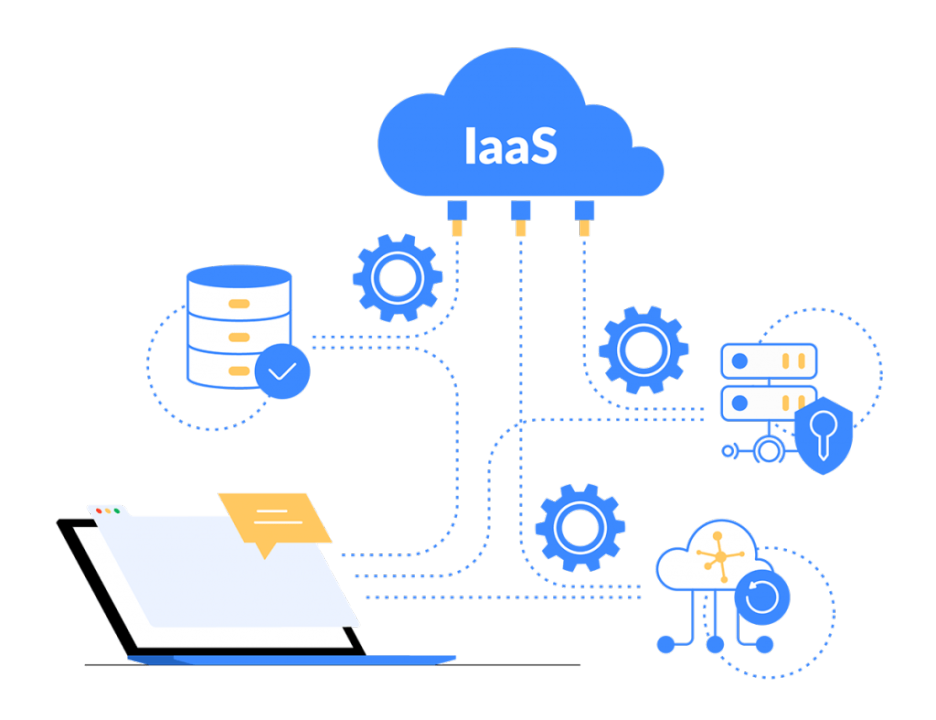
2- Platform as a service (PaaS)
It refers to cloud computing services that supply an on-demand environment for developing, testing, delivering, and managing software applications. PaaS is designed to make it easier for developers to quickly create web or mobile apps, without worrying about setting up or managing the underlying infrastructure of servers, storage, network, and databases needed for development.
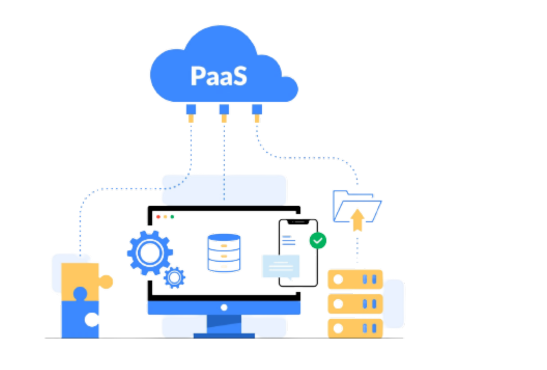
3- Software as a service (SaaS)
It is a method for delivering software applications over the internet, on demand, and typically on a subscription basis. With SaaS, cloud providers host and manage the software application and underlying infrastructure, and handle any maintenance, like software upgrades and security patching. Users connect to the application over the internet, usually with a web browser on their phone, tablet, or PC.
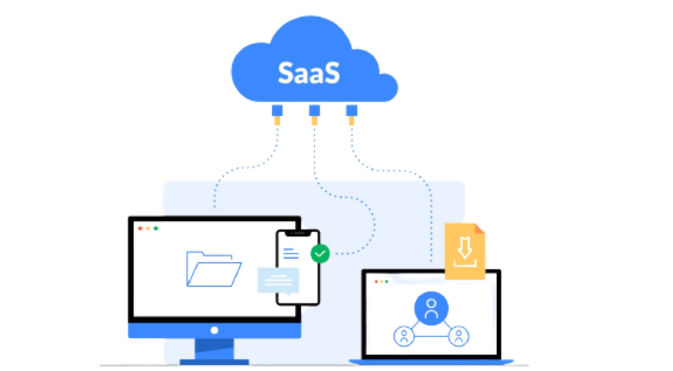
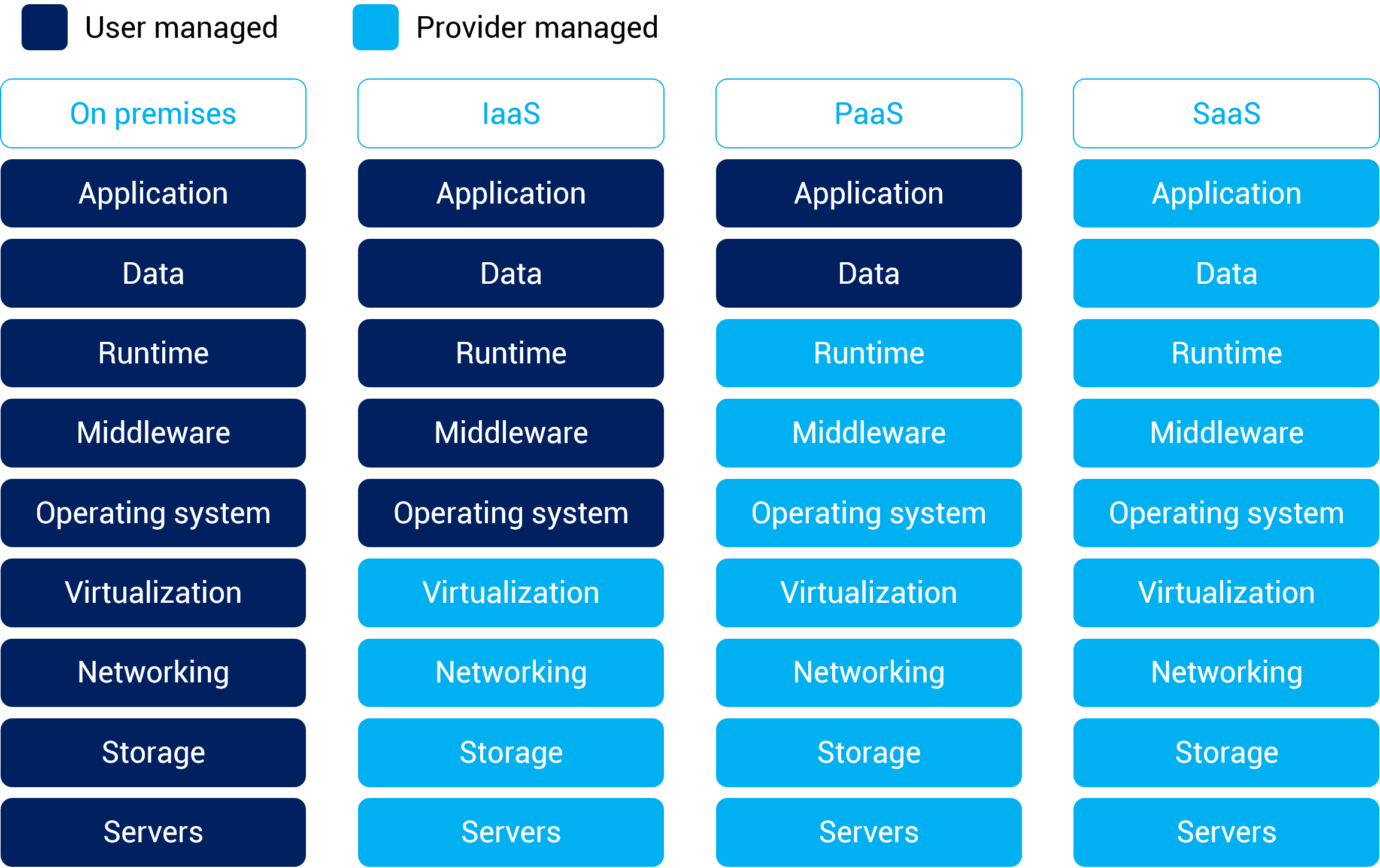
Microsoft and Cloud Computing
Azure is Microsoft’s leading cloud computing platform that offers a set of PaaS and IaaS services—including advanced analytics solutions, artificial intelligence and machine learning capabilities, DevOps, IoT, and best-in-class cybersecurity tools.
As Microsoft continues to invest in the future of cloud computing, it has become at the forefront of cloud innovations and technology. Today’s next major wave of cloud computing is artificial intelligence which is why Microsoft invested $10 Billion in ChatGPT Maker OpenAI to infuse AI into all its products and services.

